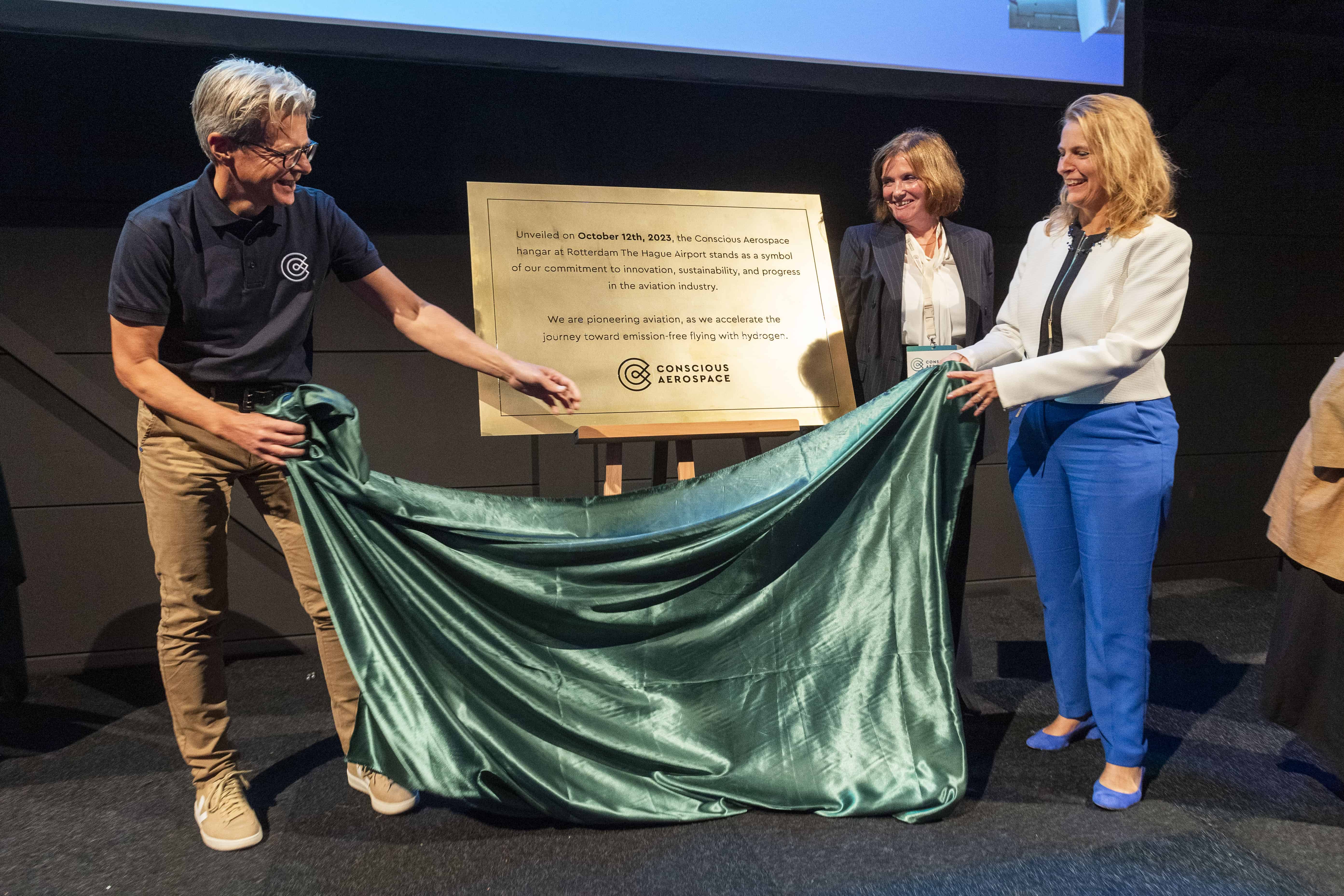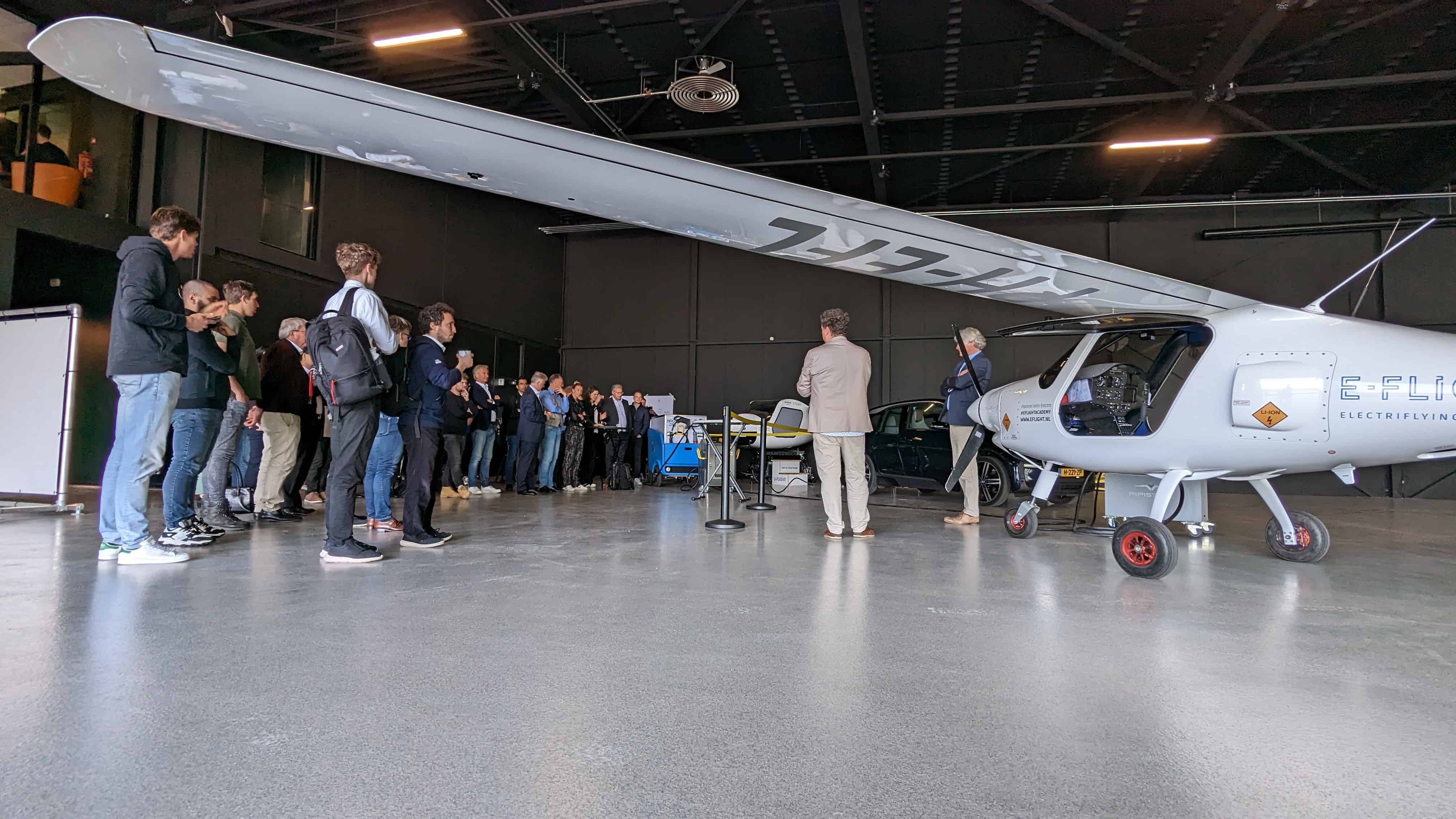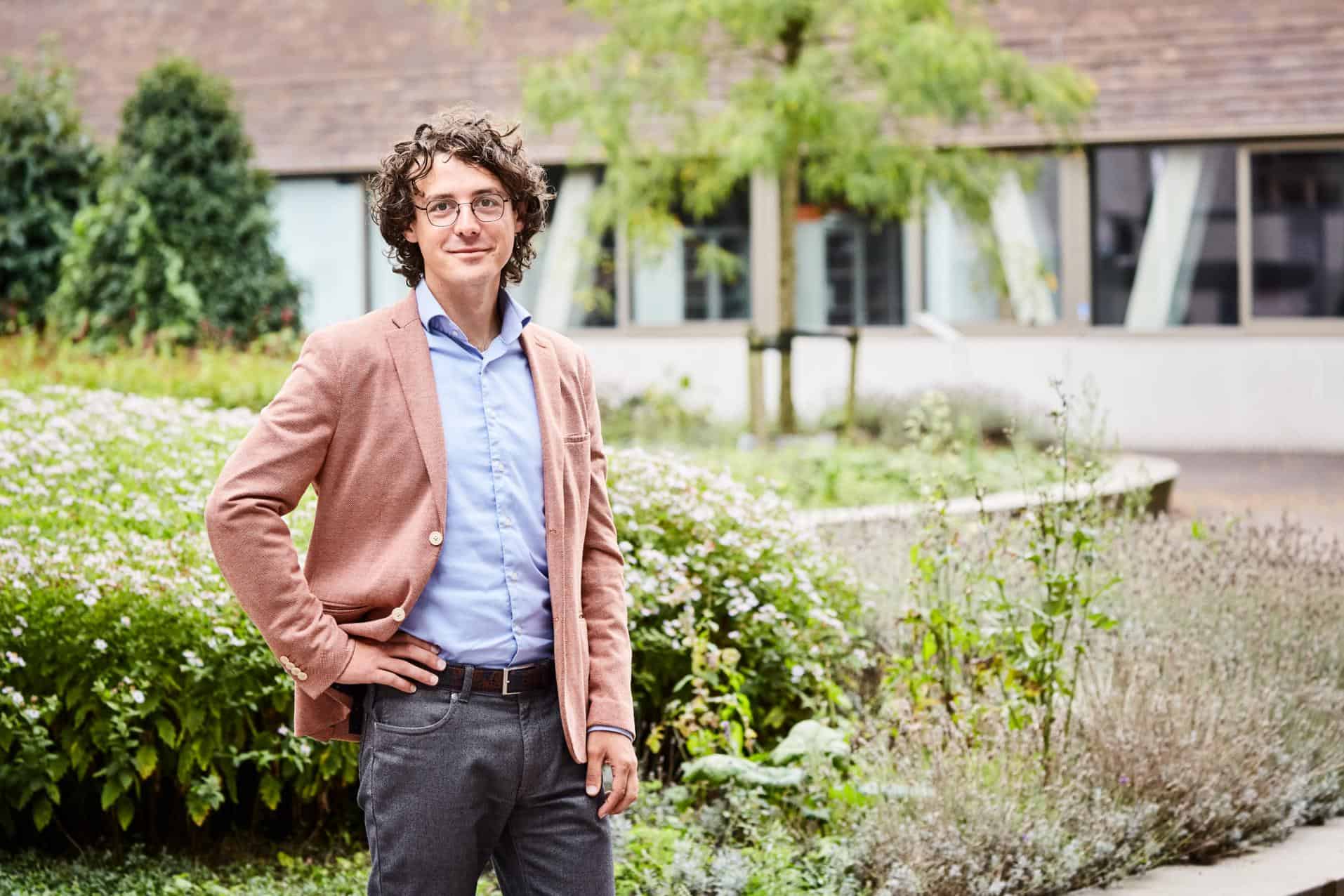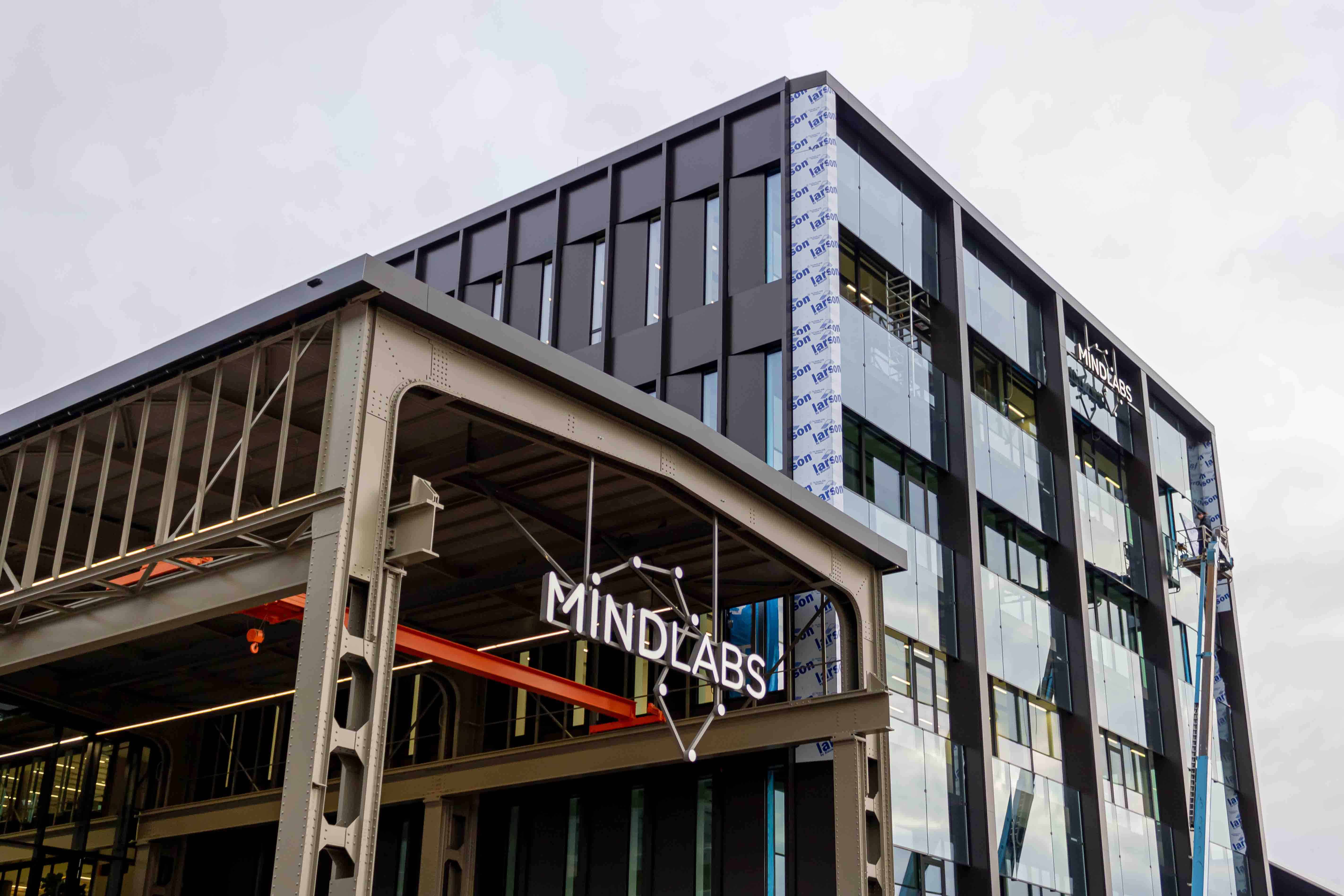
Though the pandemic has slowed the global airline industry, it has also provided a pause for how to re-approach flying in a way that is environmentally conscious. Sustainable Aviation Fuels (SAFs), or fuels created from, among others, non-edible biomass, provide one solution for keeping flying viable.
TNO is now partner in HIGFLY, a consortium led by Eindhoven University of Technology, that aims at producing efficient, sustainable aviation fuels (also known as SAFs) from biomass. Major aviation players SkyNRG and Boeing also participate in the consortium, together with other partners from Spain, Germany and the UK.
TNO will be developing these SAFs from sustainable biomass in a newly developed Biofuels lab in Petten. They will also be running the numbers for the scalability of the fuel, in order to meet CO2 emissions targets set by the aviation sector (50 percent reduction by 2050 compared to 2005 levels). Currently, the cost of sustainable fuel is estimated to be two to eight times more expensive than conventional aviation fuel, such as kerosene. The goal is to create an alternative fuel source that is sustainable and cost effective.
“Time is money and is also missed CO2 reductions,” says Jaap van Hal, coordinator for the project on behalf of TNO. “The longer it takes to have a sustainable aviation fuel, the more CO2 emitted from different sources because it is not available yet.”
Sense of urgency
In order to introduce a new type of aviation fuel, it must first go through an international approval process which can take up to fifteen years. However, this is only for truly ‘new’ fuel sources, i.e. fuel with a novel molecule structure. A way to introduce an alternative fuel source is to then create one that is similar to an already approved one, such as kerosene.
To this end, the HIGFLY concept uses furans – a class of components that allows one to make different molecules from biomass with similar functions to what can be found in carbon-based fuels. Van Hal hopes to use these compounds to create an alternative to kerosene while avoiding the lengthy approval process. If successful, the consortium anticipates potential reductions in CO2 emission between 70 to 90 percent from these compounds.
The project is funded by a €4 million euro grant given by the Horizon 2020 research and innovation program. It will run for four years with first preliminary results expected in 2022.
Read about how battery and hydrogen powered planes provide new ways to keep flying sustainable.







